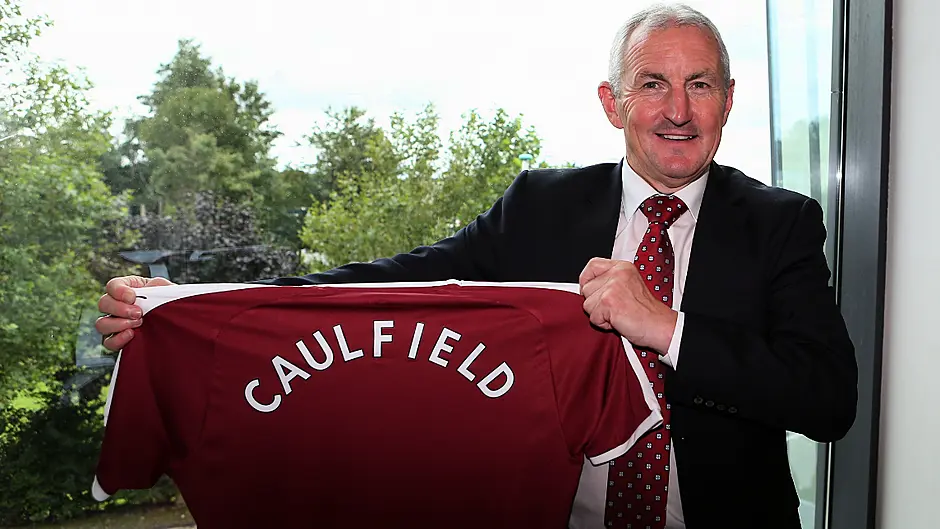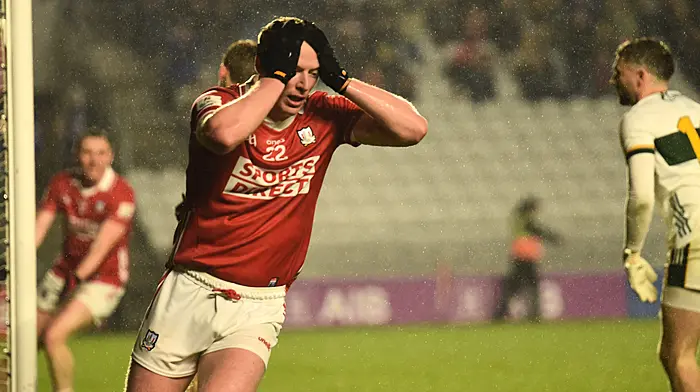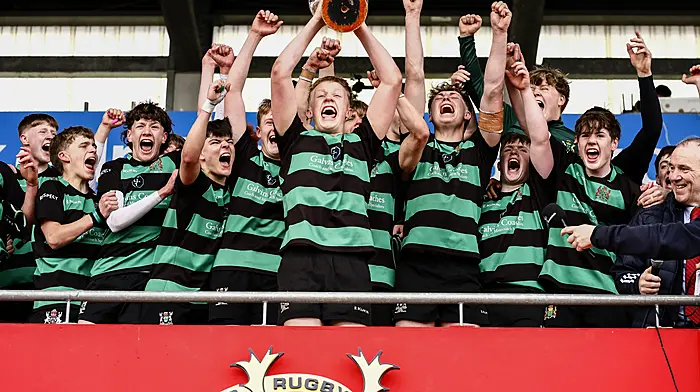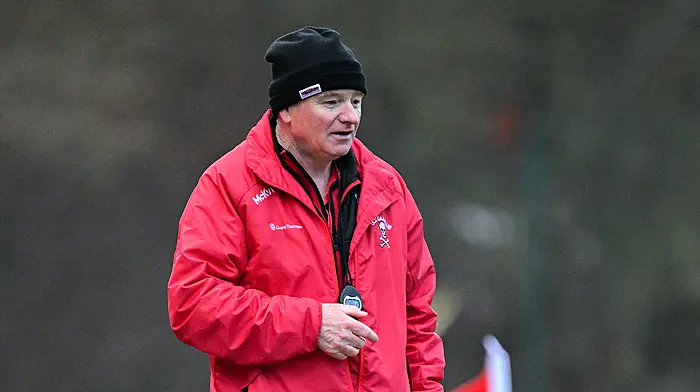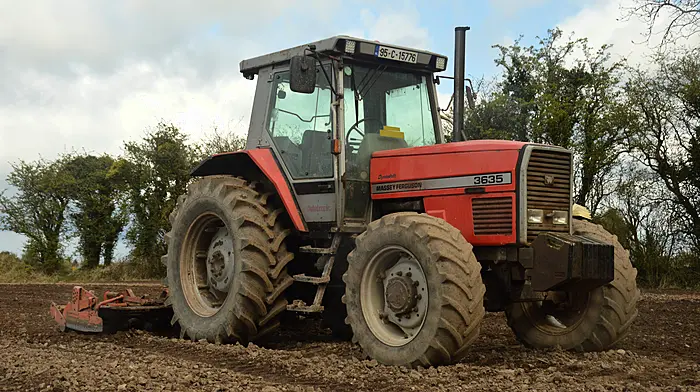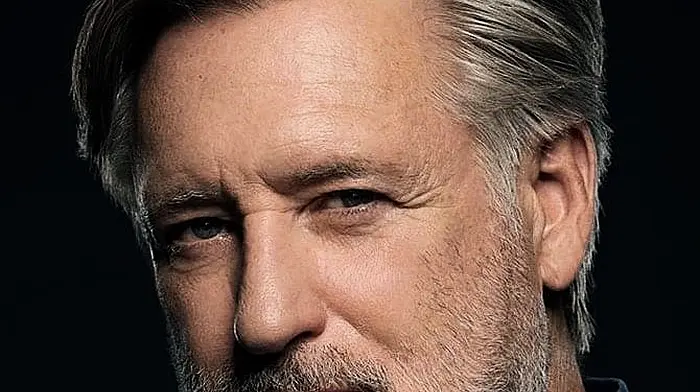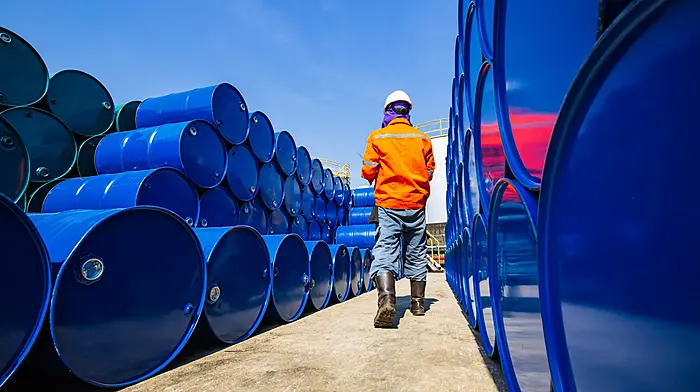AT the end of Cork City’s double-winning season of 2017, your correspondent interviewed City’s then-manager John Caulfield to reflect on a historic campaign.
Back then – only two and a half years ago, as hard as that may be to believe – it seemed as if the Enniskeane resident had a job for life, but it was still worth asking him about how he saw things panning out.
‘I only want to be here for as long as people want me,’ he said.
‘It’s not like I need the job. Could I go and manage another League of Ireland club? I could but, if I was brutally honest about it, I’d only care about the first team.
‘Here, I run the whole football side of operations, on the basis we want to bring players through and make them better and we have Cork City men involved with the underage teams.
‘But I could lose the first five games next season and be fucked out the door!’
As it happened, City finished second and reached the FA Cup final in 2018, runners-up to Dundalk in both, but his prophecy was played out in 2019, as a poor start to the campaign led to his departure in May of that year.
Last year, he had been linked with a possible move to Waterford but, when the Blues job came up recently, he didn’t appear to be in contention and so his decision to take over as Galway United manager last weekend came as a surprise.
The Tribesmen are not riding high right now – they are second from bottom in the SSE Airtricity League First Division – but there is no relegation to worry about and Caulfield can essentially focus on building a squad for 2021.
There is plenty of soccer potential on the western seaboard, but the club’s major honours only amount to one FAI Cup and two League Cups, the latter at the expense of Cork City, for whom Caulfield was playing, in 1996-97.
Things can change quickly in the League of Ireland, though – Dundalk were involved in a relegation play-off as recently as 2012 while City had twice come sixth in the Premier Division before Caulfield took them to the first of five straight top-two finishes in 2014.
His comments on taking the job underline the possibilities he sees and the fact that this is a medium-term project.
‘I always felt during my playing career that Galway United were a huge club,’ he said, ‘competing at the top of the Premier Division for many years in the late 80s and 90s. Obviously, as we know in the last while since the club got relegated, it's been very difficult to get back up, but there's still enormous potential within the club, great facilities, a massive city, a great area.
‘You look at the west of Ireland and all the good players that have come from Galway, Mayo, Roscommon, Limerick and Clare. That's a huge area and we need to develop a very strong local west of Ireland team down the road. Sligo have done that and Galway United always had that before, but it has dropped off and we haven't been competitive for a long time, so it's my aim to get back and make us a competitive team.
‘It's unfortunate that there aren't crowds coming to games at the moment because I do know when Galway are challenging and very competitive, there's great local support. Hopefully over the next 18 months that will happen.’
What Caulfield brings is a track record of building successful sides, with Avondale United, UCC and City. While he will be driving the effort to get Galway into the Premier Division, he accepts that it won’t be a one-man job.
‘On and off the pitch, I have a lot of work to do,’ he said, ‘but if the will isn’t there from the people who are over the club well then you’re wasting your time.
‘The enthusiasm I got from meeting the lads and what they wanted to do was huge. They feel down at the moment themselves because the results haven’t been good for a long time.
‘But I feel if we can build a club, that the support will be there. I could have stayed in my day-job but I’m a football man, that’s what I love and that’s what I want to do.’
Galway haven’t won any of their eight league games so far, although they have drawn five. If they were to start to pick up points, it’s not completely unrealistic to think that they could end up in the promotion play-offs.
The side that emerges from that will play the team ninth in the Premier Division, which could be Cork City. It surely wouldn’t happen though, would it?

